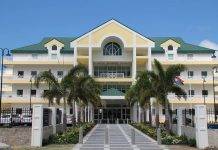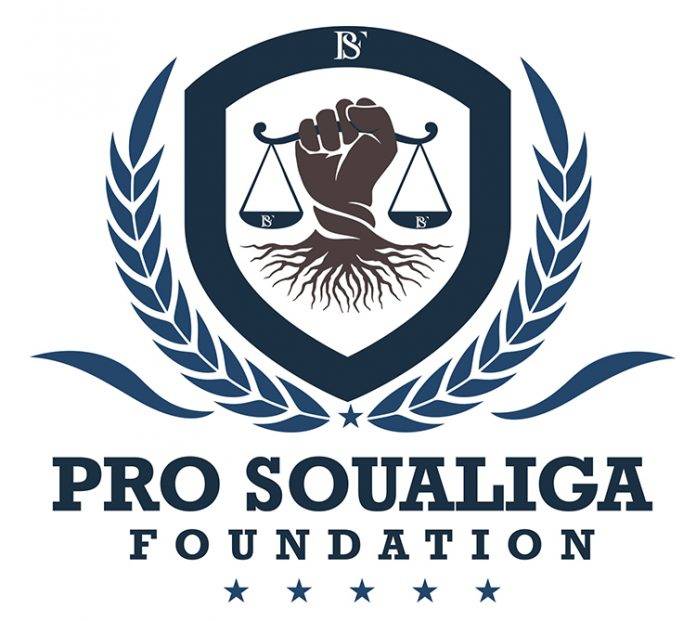According to Steven Hillebrink, a Dutch national, who presented his Doctoral Thesis entitled “Political Decolonization and Self-Determination: A Case of the Netherlands Antilles and Aruba” to the University of Leiden in 2007, the Netherlands introduced the “Interimregelingen” (Interim Orders) in 1951 which “listed the areas of government for which the Netherlands remained responsible” and “established the principle that the Netherlands Antilles…were autonomous in all other affairs.”
The Netherlands was under the false impression that the Interim Order of 1951 had granted the Netherlands Antilles a full measure of self-governance and a right to self-determination. “It soon became clear to the Dutch delegation that a majority among the non-Administering (UN) members of the Committee (African, Asian, Latin American states) were not at all inclined to accept cessation of transmission of information.
” (Hillebrink, p. 203) The aforementioned African, Asian, and Latin American UN member states feared that the “autonomy” given to the Netherlands Antilles under the Interim Orders of 1951 was only temporary rather than permanent.
According to Hillebrink, they also “considered the autonomy of the Dutch Caribbean territories insufficient to be termed a full measure of self-government.” (p. 205) Bear in mind that due to the 1947 Indonesian massacres committed by the Netherlands, “the Netherlands had gained a bad reputation among the non-Administering states because of its attitude in the Indonesian conflict.” (Hillebrink, p. 203)
The UNGA declared to the Netherlands, via UN Resolution 747 VIII, that they were to continue negotiations with the Netherlands Antilles in order that “a new status will be attained by the Netherlands Antilles…representing a full measure of self-government in fulfillment of the objectives set forth in Chapter XI of the Charter.” A year later, the Netherlands returned to the UNGA with the Kingdom Charter and that too was rejected.
See Steven Hillebrink’s Doctoral Thesis Attached





























